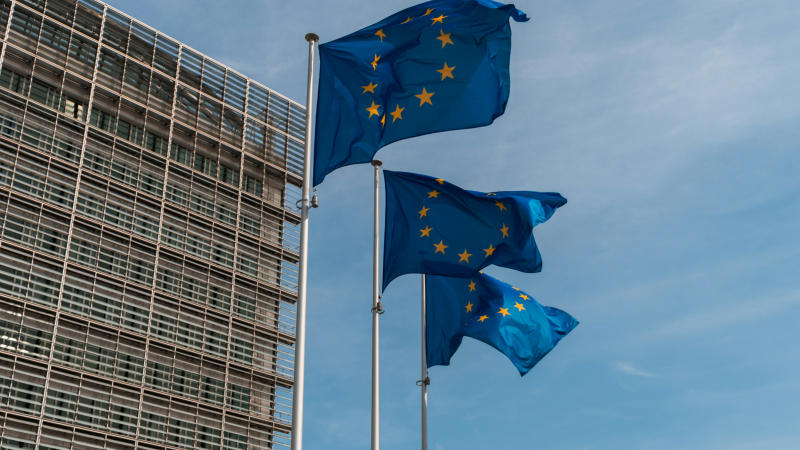Published 12:22 IST, September 18th 2024
Europe headed to muscular industrial policy
Expect Brussels to be tougher on trade, looser on competition policies, and more indulgent toward the type of muscular policy that France, through its own envoy

Power grab. Ursula von der Leyen has not wasted time stepping into the void created in Europe by the weakening of France’s and Germany’s governments. Tuesday’s allocation of senior roles by the president to her fellow European Commissioners can be seen as a power grab that increases her influence over the main issues that will shape the EU’s economy during the next five years. Expect Brussels to be tougher on trade, looser on competition policies, and more indulgent toward the type of muscular policy that France, through its own envoy, will keep defending.
The Commission president, recently installed for another five-year term, has cemented her power by having commissioners in charge of key portfolios report directly to her, rather than to the executive vice presidents that sit beneath her. She has also appointed some relatively inexperienced commissioners to key portfolios.
Competition matters will be overseen by new Executive Vice President Teresa Ribera. The former Spanish ecology minister, a socialist and novice on antitrust issues, is unlikely to form a quick doctrine on her brief which, given its critical role in policing the single market, is one area where the Commission wields real power. That suggests the gradual loosening of the once-strict approach defended by former competition czar Margrethe Vestager can be expected to continue, with von der Leyen’s influence increased while Ribera embarks on her own learning curve. Paris and Berlin often criticised Vestager’s decisions, which sometimes elevated competition concerns above the need to create European industrial champions. They may have fewer reasons to do so now.
The all-important trade portfolio, meanwhile, will be the remit of Maros Sefcovic, who will report directly to von der Leyen. The Slovak has been a member of the Commission for 15 years and was more recently tasked with negotiating with the UK on post-Brexit arrangements. He has authority of his own but is new to trade matters. Von der Leyen is therefore likely to continue her tough stance on China, more recently at odds with national governments such as Germany and Spain on tariffs.
Finally, industrial policy will be part of the portfolio of Stéphane Séjourné, the French representative President Emmanuel Macron appointed three days ago after von der Leyen refused to give a major portfolio to outgoing commissioner Thierry Breton. Séjourné, a Macron minion, may have been appointed executive vice president, but his remit has shrunk compared to Breton’s. But it still means that industrial policy will have a strong French scent, which will matter when subsidies or state aid will be debated among the 27 commissioners.
With the French president weakened at home by two successive election losses and the German coalition government paralysed by its divisions with less than a year to live, von der Leyen had an opportunity to jump and seize the rudder. Paris and Berlin will have to do with a resurgent Brussels.
Updated 12:22 IST, September 18th 2024
